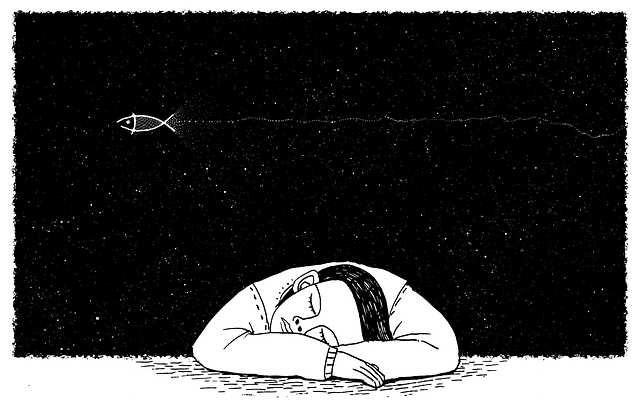Sleep Your Way to Better Health: The Science of Restful Nights
Sleep is not just a luxury; it’s a fundamental requirement for good health and overall well-being. While many of us may think of sleep as a passive activity, it’s actually a complex and highly active process that affects every aspect of our physical and mental health. In this article, we’ll delve into the science of sleep and explore the myriad ways it contributes to better health.
Understanding Sleep
What is Sleep? Sleep is a natural, recurring state of rest during which consciousness and voluntary bodily functions are suspended. It is essential for the body to repair and rejuvenate itself.
The Benefits of Restful Sleep
Physical Health Quality sleep is crucial for physical health. It allows the body to repair tissues, regulate hormones, and maintain a healthy immune system. A lack of sleep is linked to an increased risk of various health issues, including heart disease, diabetes, and obesity.
Cognitive Function Sleep plays a vital role in cognitive function. It enhances memory consolidation, problem-solving abilities, and creativity. Adequate sleep is essential for optimal brain performance.
Emotional Well-being Restful sleep contributes to emotional stability and mental health. It helps regulate mood and reduce the risk of mood disorders such as depression and anxiety.
Physical Performance Athletes rely on good sleep to optimize physical performance. Sleep aids in muscle recovery, coordination, and reaction times.
The Sleep Cycle
Stages of Sleep The sleep cycle consists of multiple stages, including non-REM (rapid eye movement) and REM sleep. Each stage serves a unique purpose in restorative sleep, with REM sleep being associated with vivid dreams.
Tips for Better Sleep
Establish a Sleep Routine Going to bed and waking up at the same times each day helps regulate your body’s internal clock, making it easier to fall asleep and wake up feeling refreshed.
Create a Sleep-Friendly Environment Ensure your sleep environment is conducive to rest. This includes a comfortable mattress and pillows, a cool room temperature, and minimal exposure to light and noise.
Limit Screen Time The blue light emitted by screens can interfere with your sleep-wake cycle. Avoid screens at least an hour before bedtime.
Watch Your Diet Avoid heavy meals and caffeine close to bedtime. These can disrupt your ability to fall asleep and stay asleep.
Manage Stress Practice stress-reduction techniques such as meditation, deep breathing, or progressive muscle relaxation to calm your mind before bedtime.
Sleep is a powerful elixir for better health. Understanding the science of restful nights and adopting healthy sleep habits can transform your life. By prioritizing sleep and making it a non-negotiable part of your daily routine, you can reap the numerous benefits it offers. From improved physical health to enhanced cognitive function and emotional well-being, sleep is your key to a healthier, happier life.
